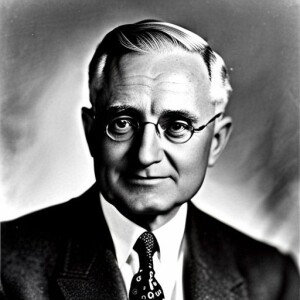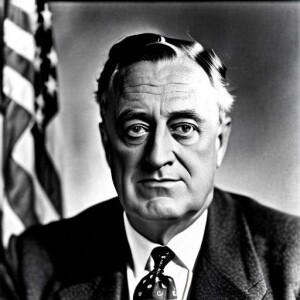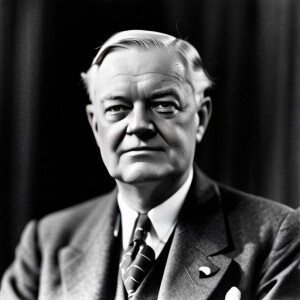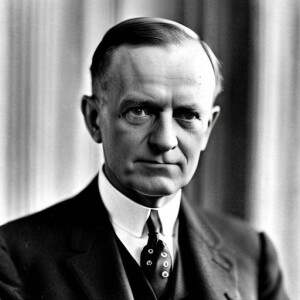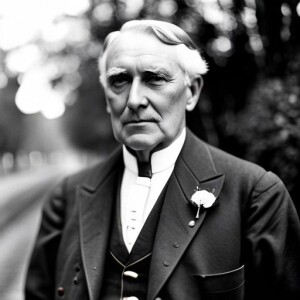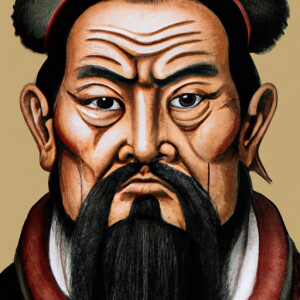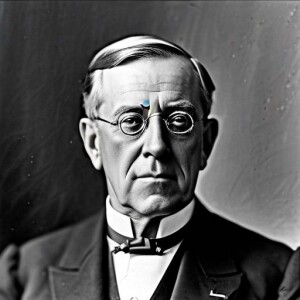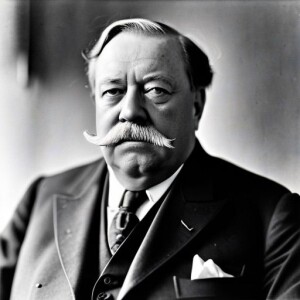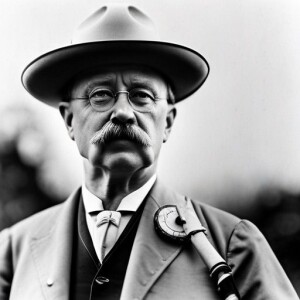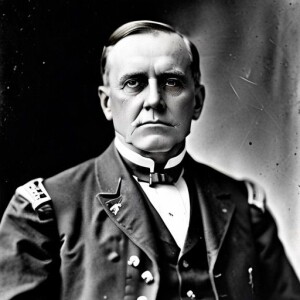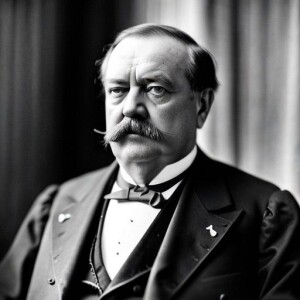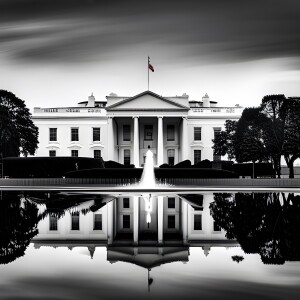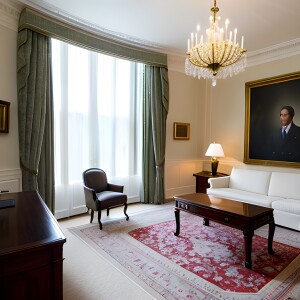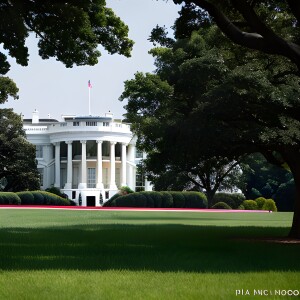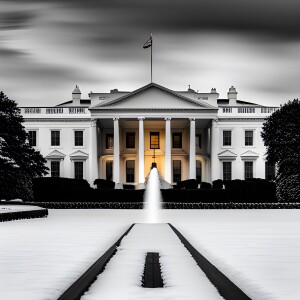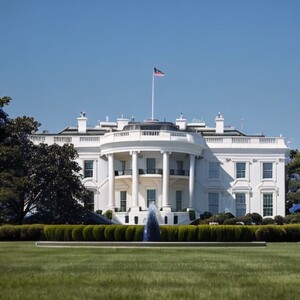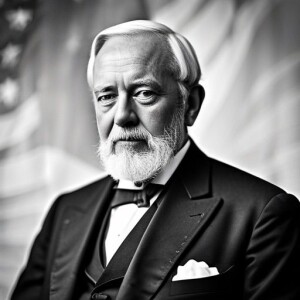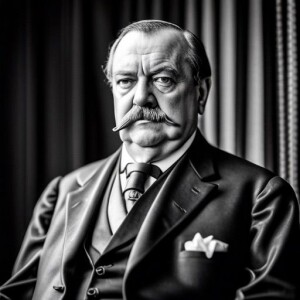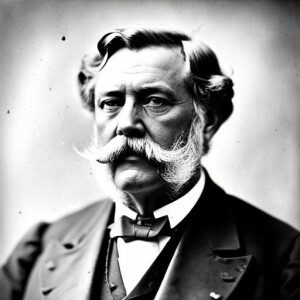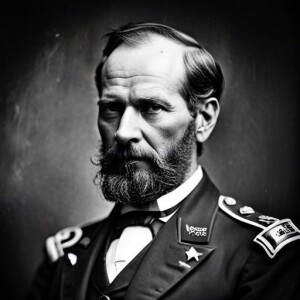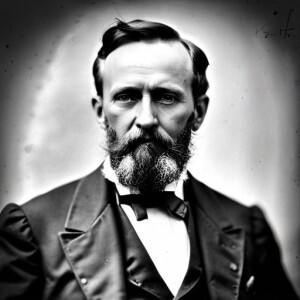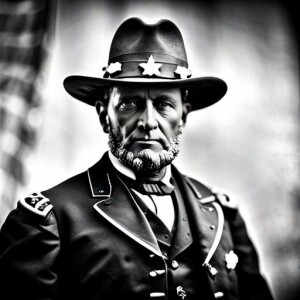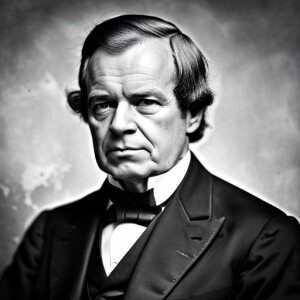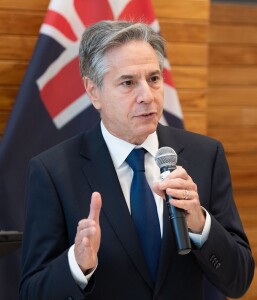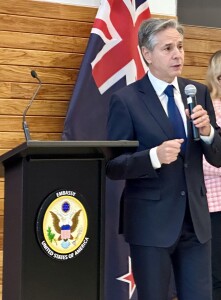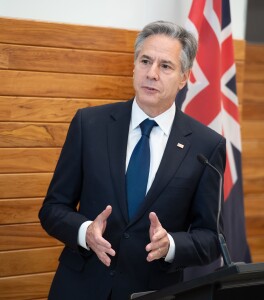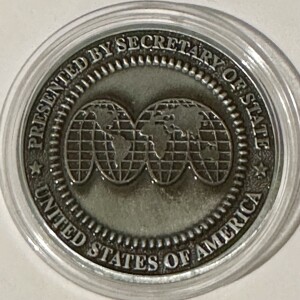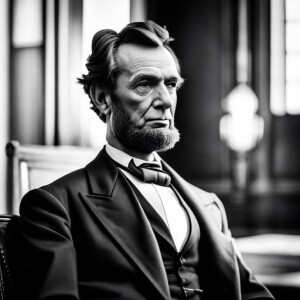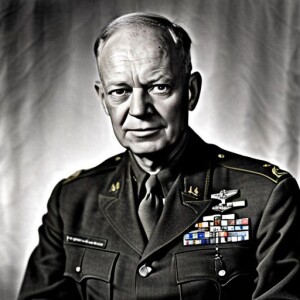
Dwight D. Eisenhower, also known as “Ike,” was a legendary figure in American history, who served as the 34th President of the United States from 1953 to 1961. Born in Denison, Texas, on October 14, 1890, he spent his formative years in Kansas. Before his presidency, Eisenhower had a remarkable military career, graduating from the prestigious United States Military Academy at West Point in 1915. He went on to serve his country in both World Wars, becoming a highly respected and decorated military leader.
Eisenhower’s greatest achievement was his role as the Supreme Commander of the Allied Forces in Europe during World War II. He led the successful D-Day invasion of Normandy, which helped turn the tide of the war in favor of the Allies. He was a strategic mastermind and inspired his troops with his unwavering leadership, earning him the nickname of “The General.”
After the war, Eisenhower continued to serve his country in various roles, including as the Army Chief of Staff and as President of Columbia University. As President of the United States, Eisenhower focused on domestic issues, such as infrastructure, education, and civil rights. His most notable achievement was signing the Federal Aid Highway Act of 1956, which authorized the construction of the interstate highway system, revolutionizing transportation in America. He also championed civil rights and signed the Civil Rights Act of 1957, which marked the first federal civil rights legislation since Reconstruction.
Eisenhower’s foreign policy was characterized by the Cold War and the looming threat of nuclear war. He worked tirelessly to contain the spread of communism, signing the Southeast Asia Treaty Organization (SEATO) to prevent its spread in Asia. He also signed the Eisenhower Doctrine, which authorized the use of military force to protect American interests in the Middle East.
After his presidency, Eisenhower retired to his farm in Gettysburg, Pennsylvania, where he enjoyed a quiet life. He passed away on March 28, 1969, at the age of 78. Eisenhower is remembered as a beloved president who was a true leader during World War II, a tireless advocate for infrastructure and civil rights, and a dedicated defender of American interests during the Cold War.



